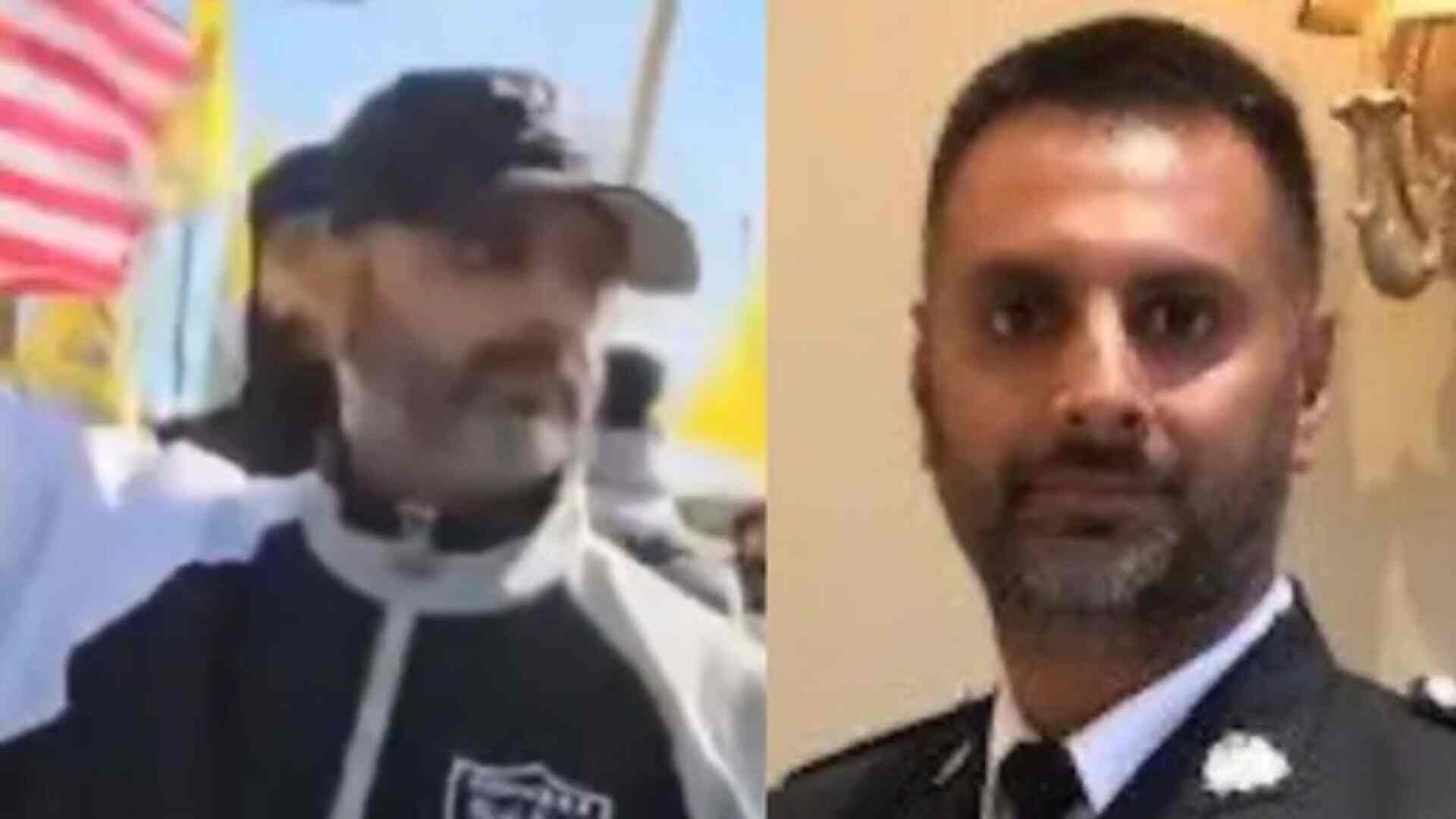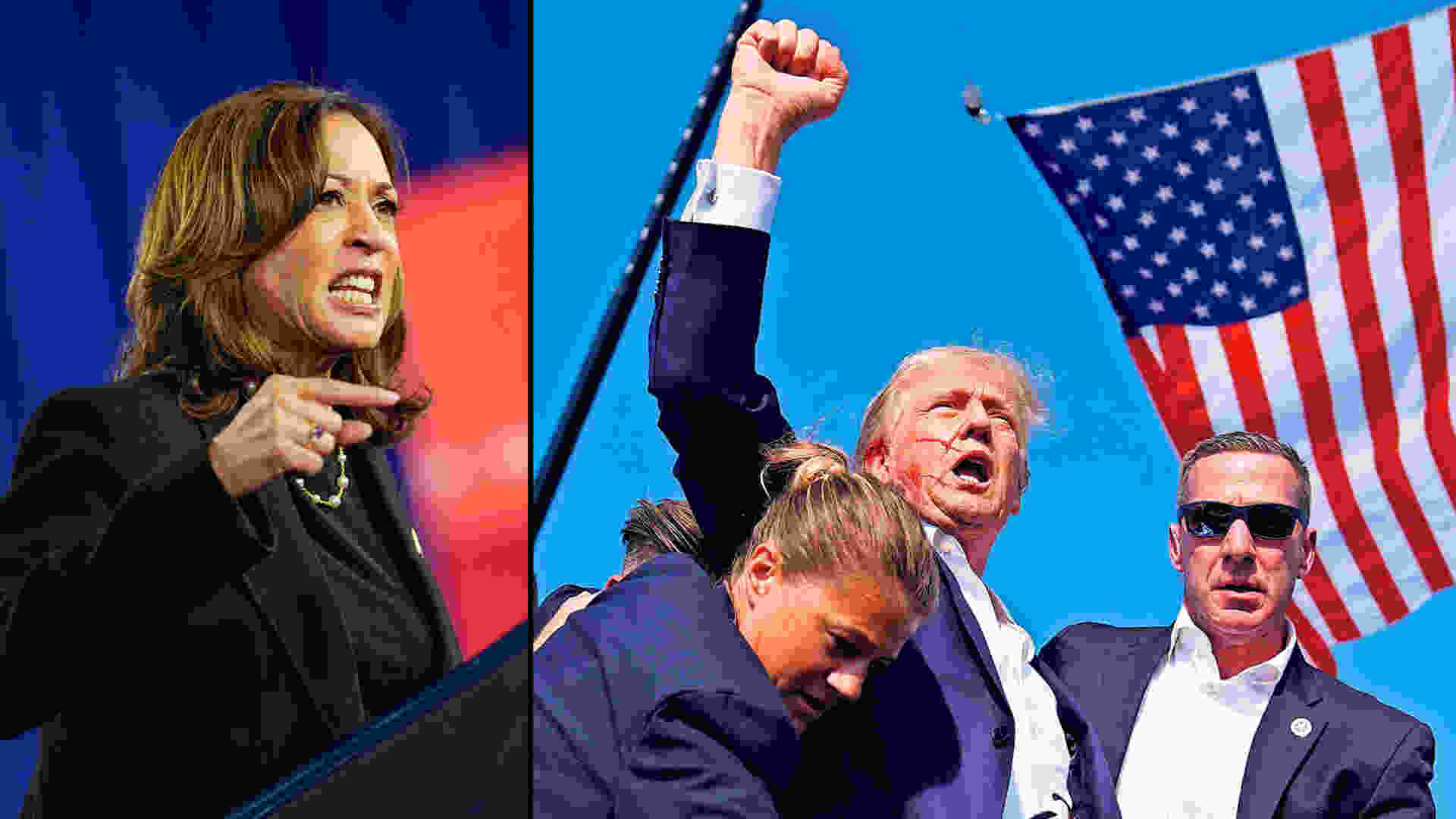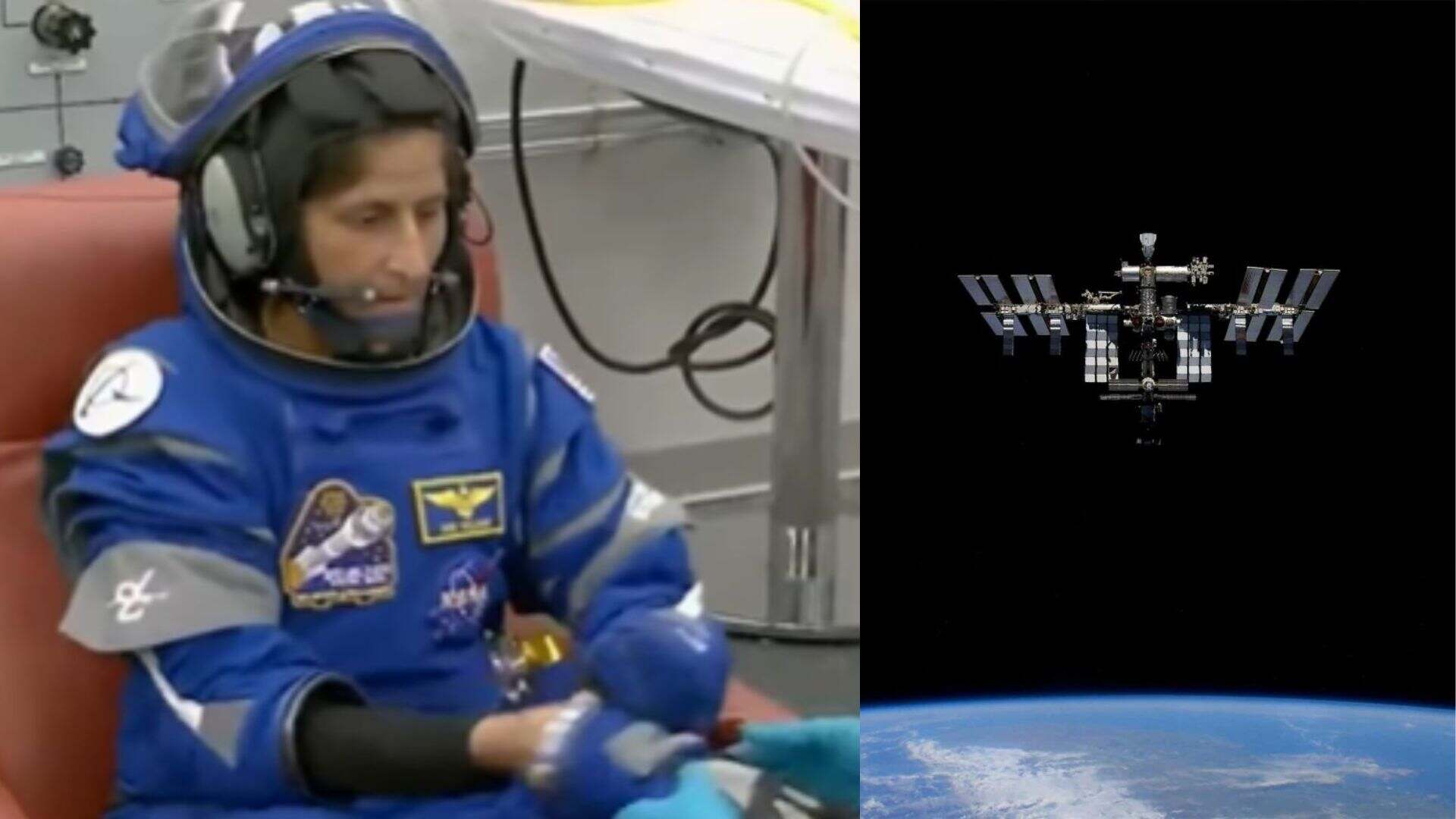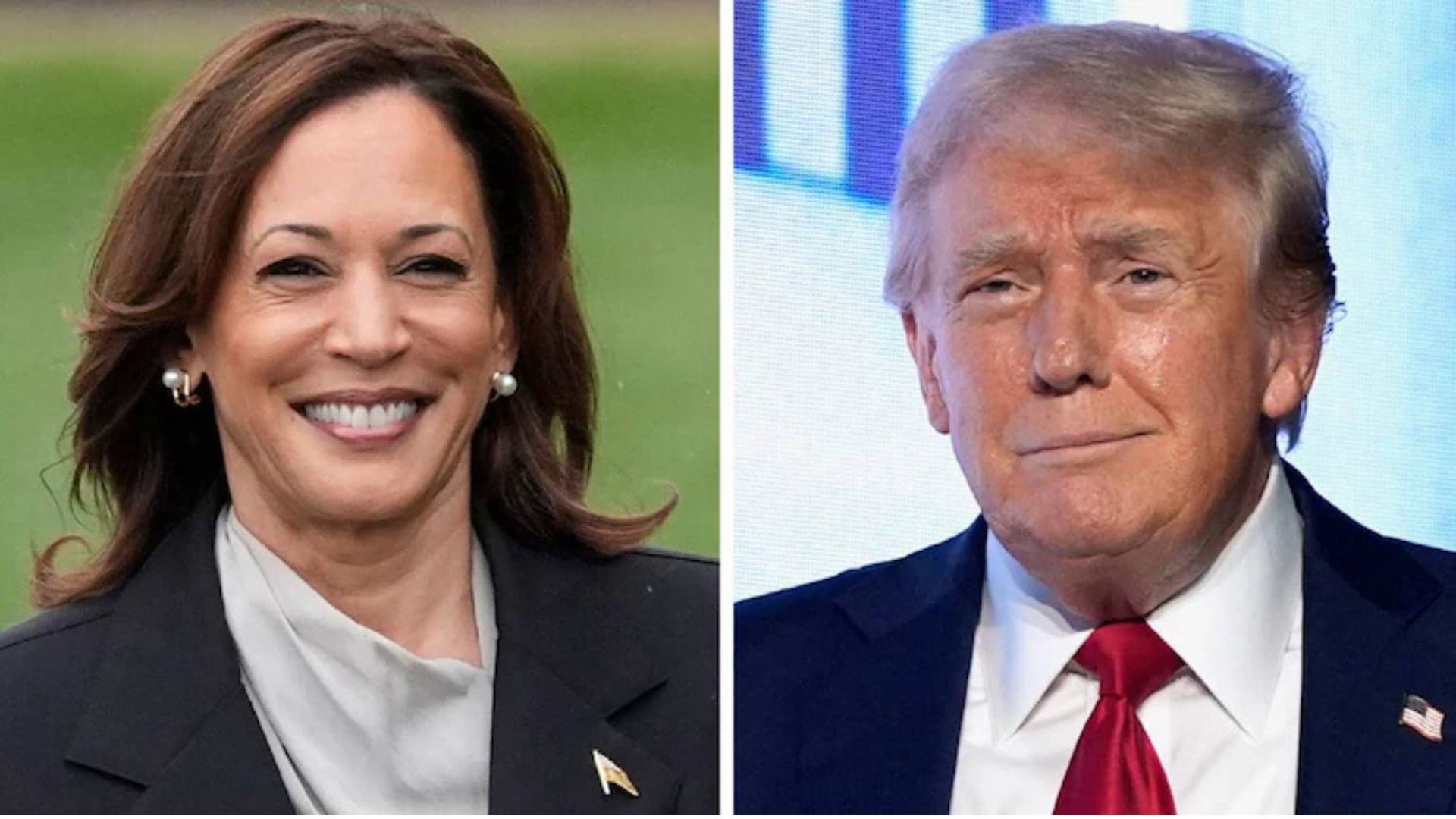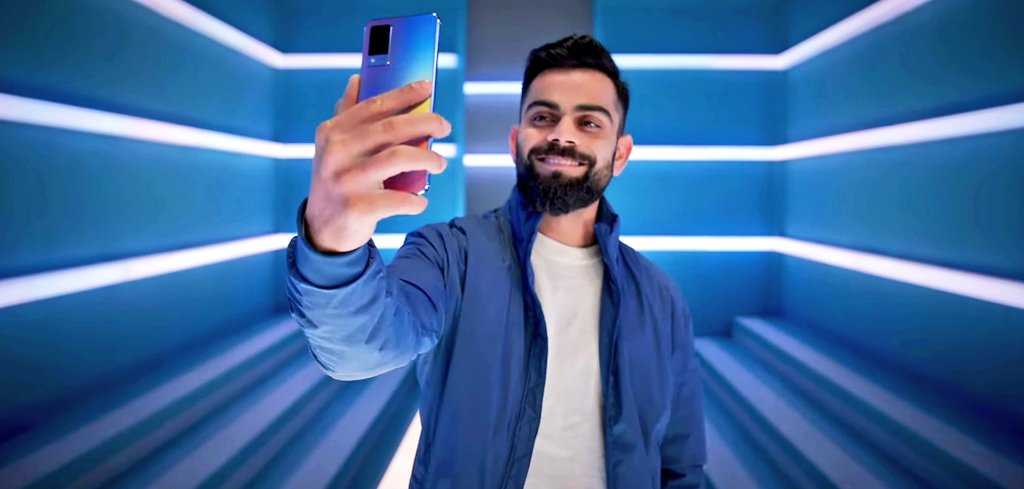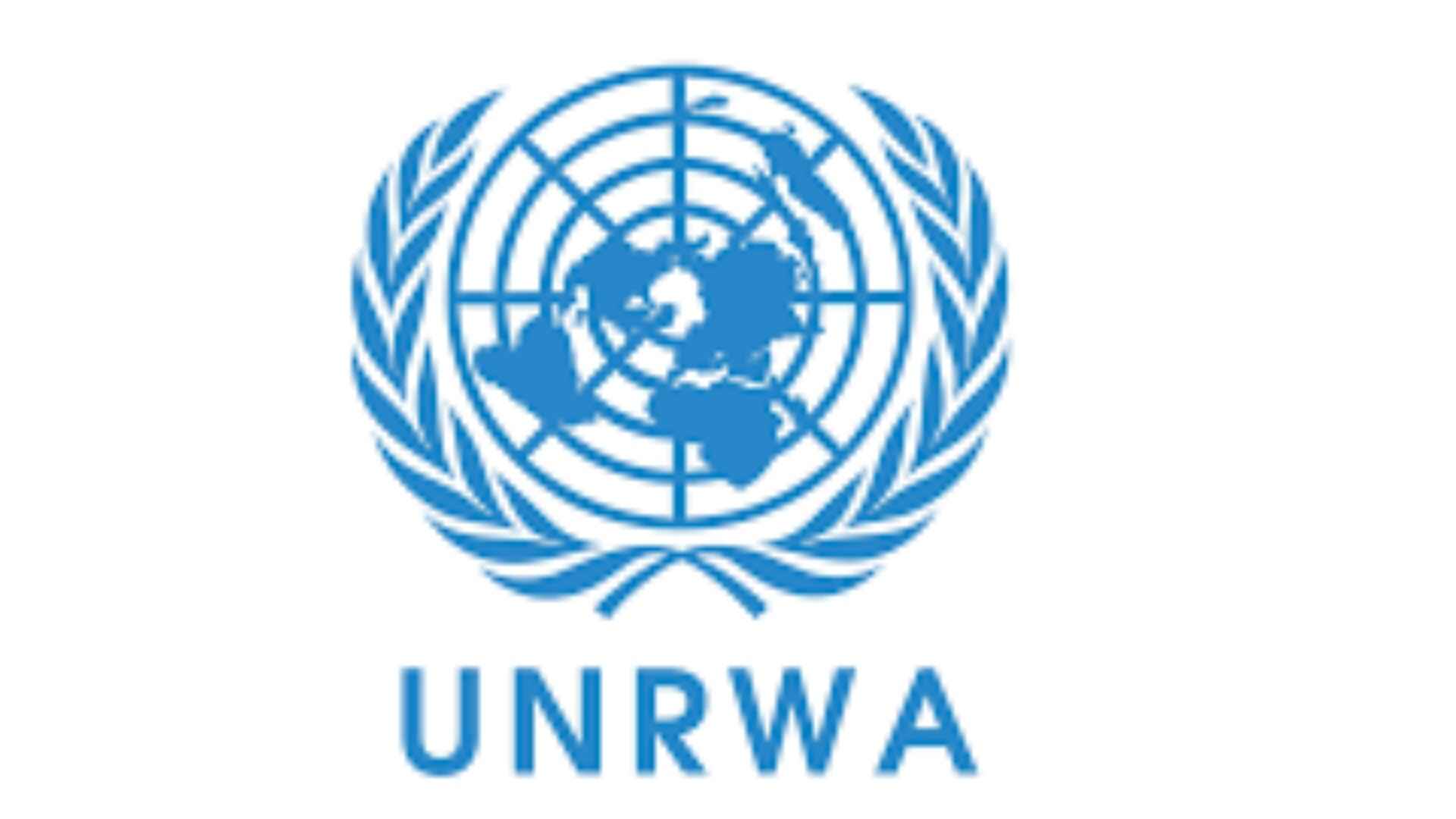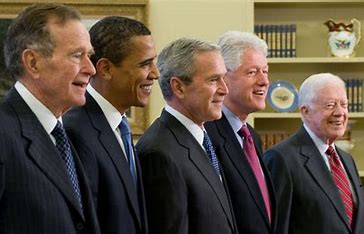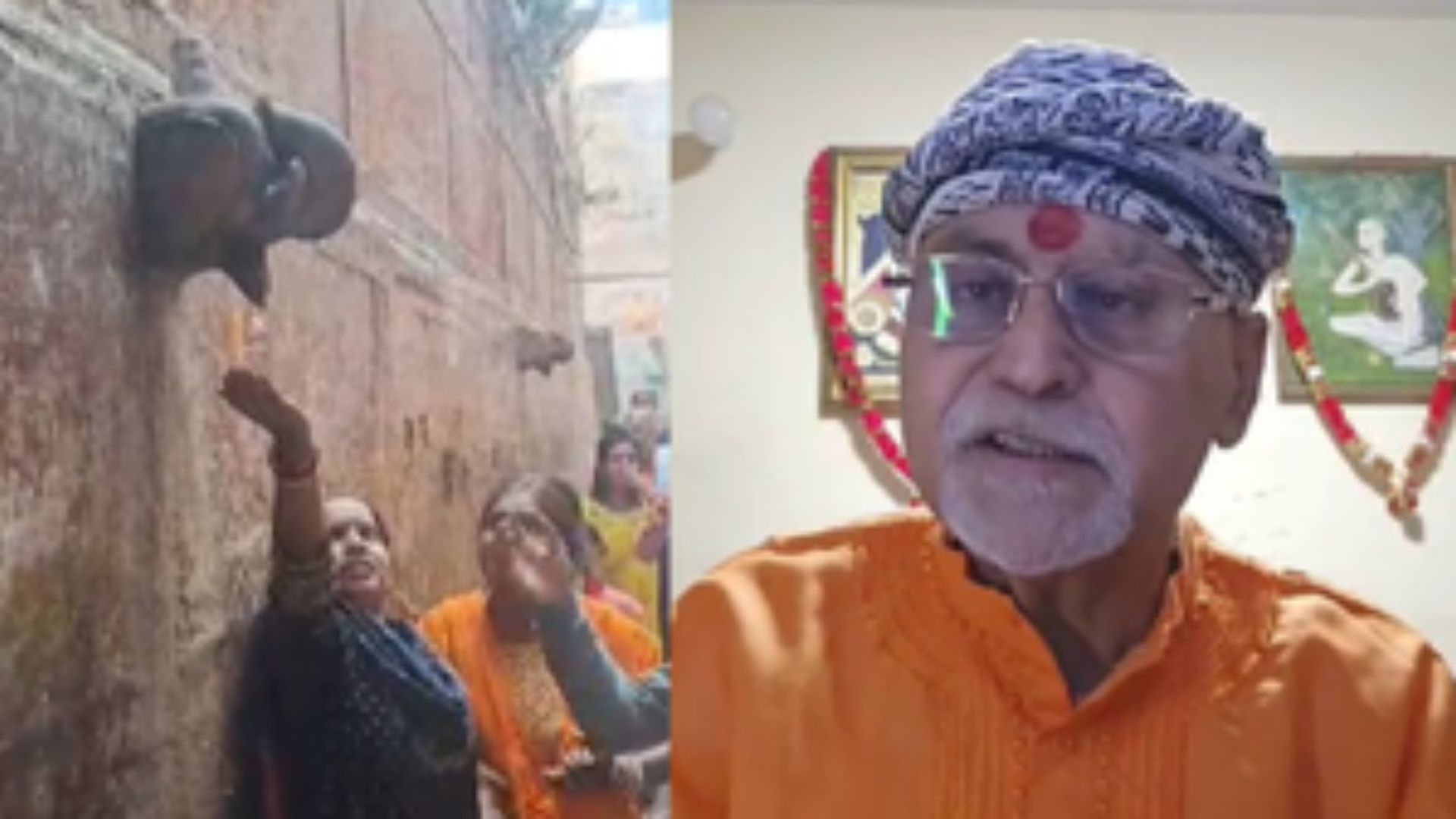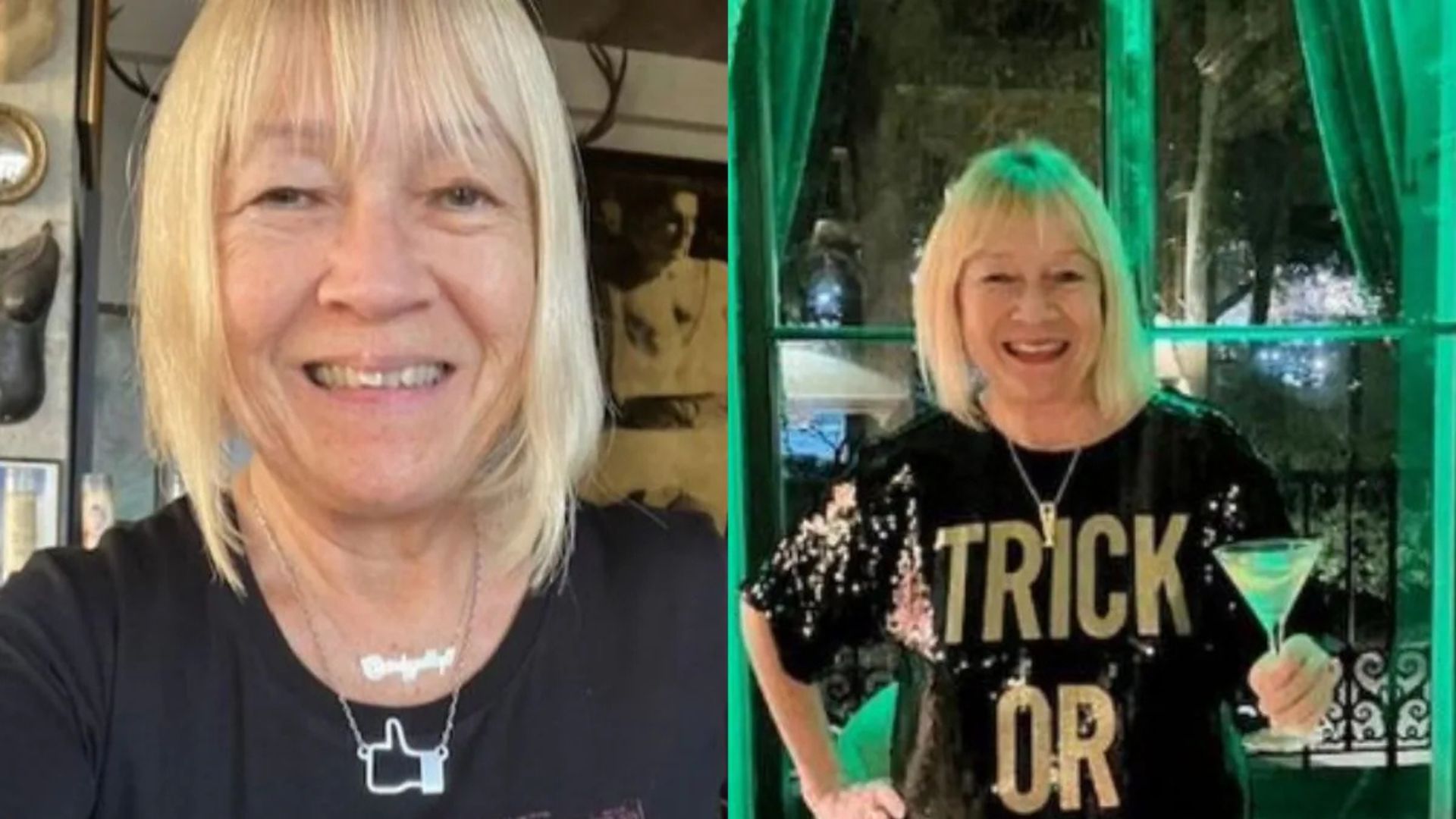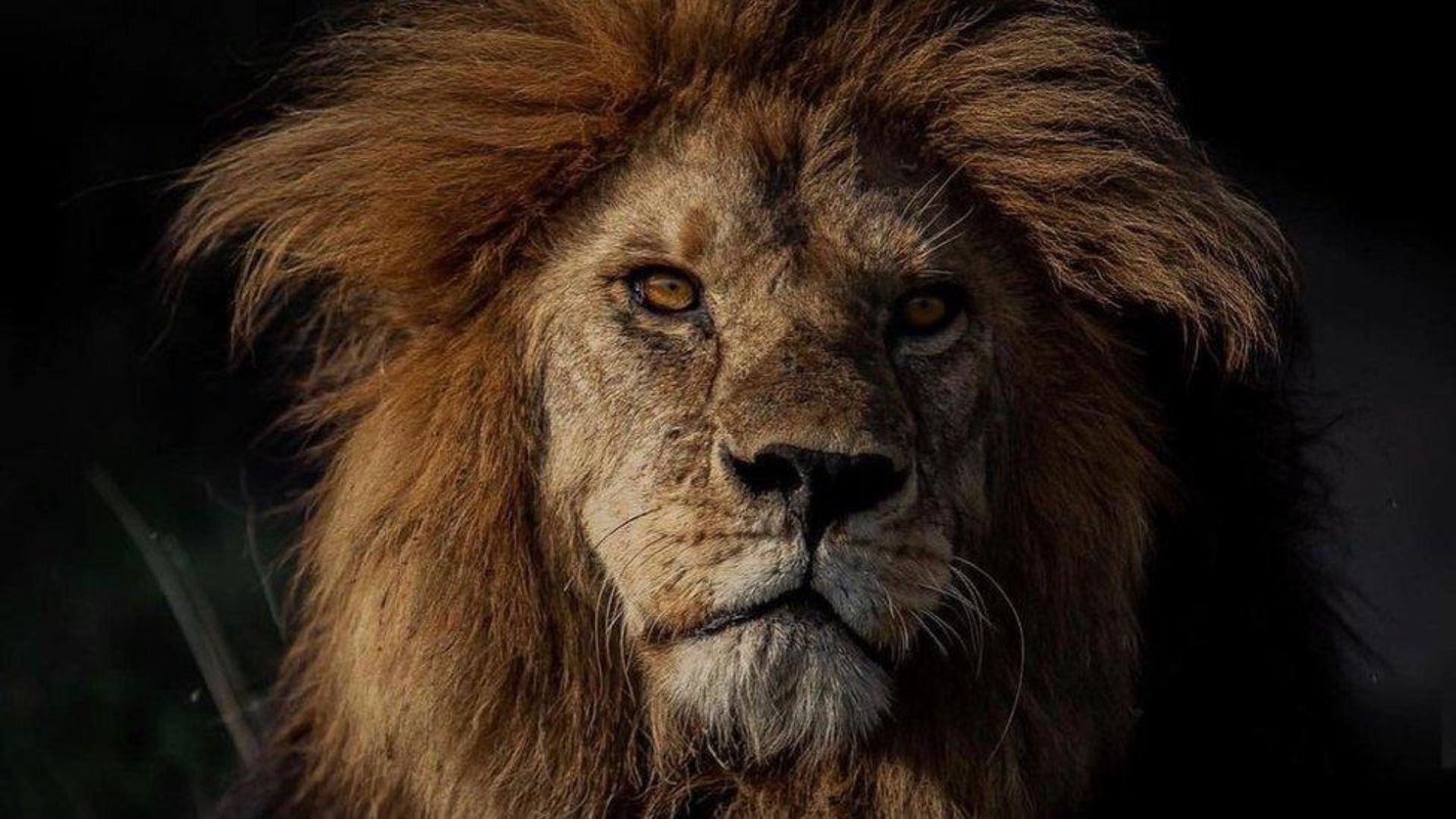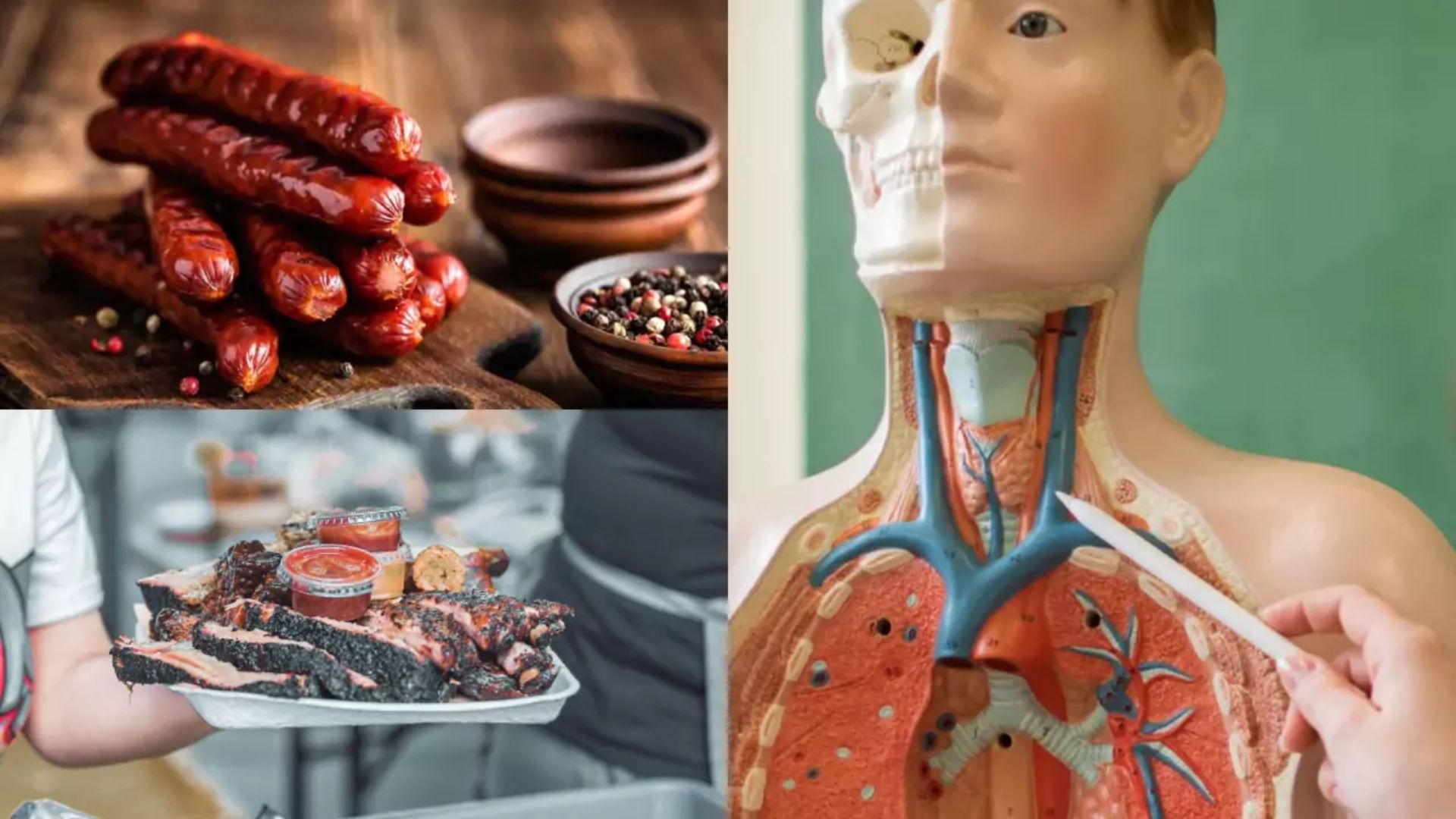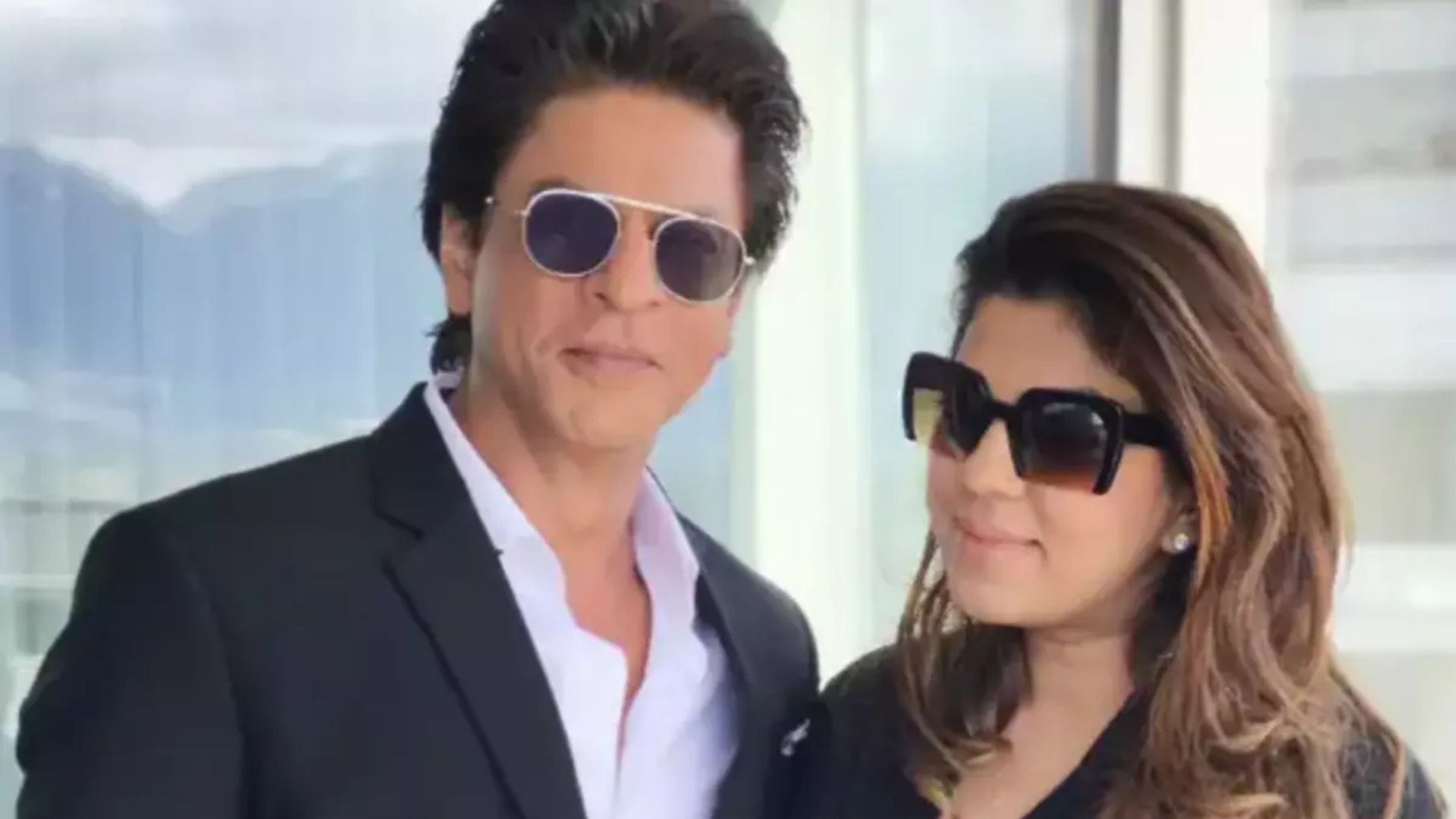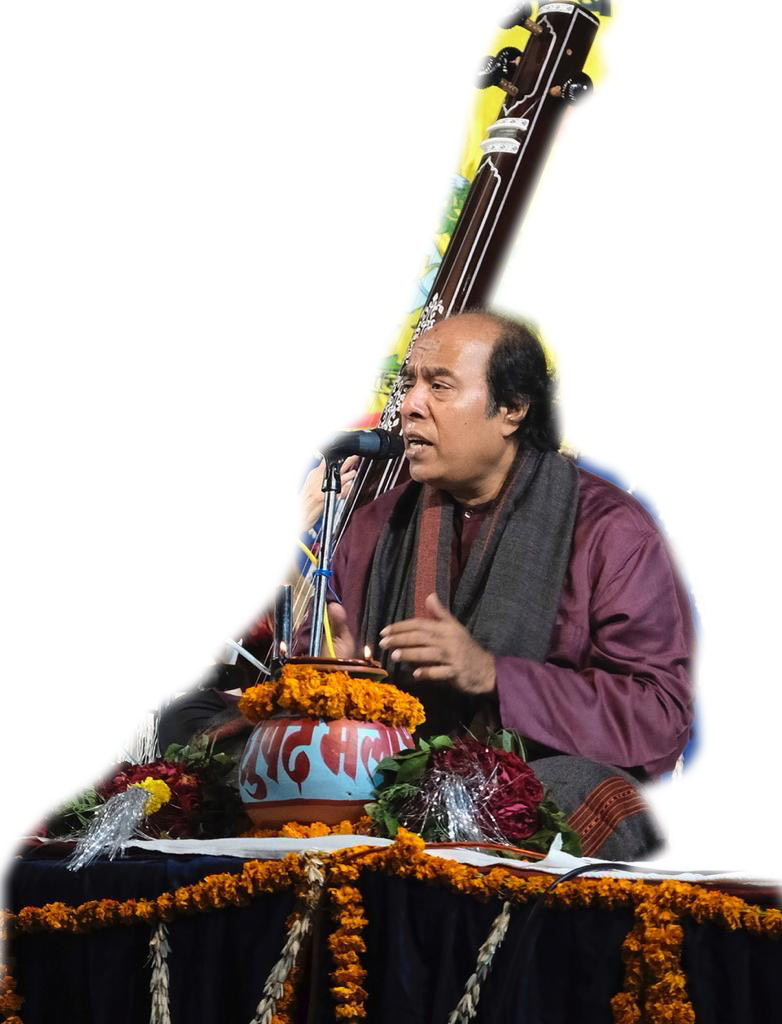
Faiyaz Wasifuddin Dagar is an Indian classical singer of the dhrupad genre and the son of dhrupad singer Ustad Nasir Faiyazuddin Dagar. He was awarded the Padma Shri in 2010. In a candid conversation he gives insights about his journey in the field of music.
Q. Can you tell us about your family’s musical background and how did you get fascinated in music?
A. The Dagar Parivar has a 500-year-old inheritance. I’m the 20th generation of this family. My ancestors were entitled in the court of Akbar. There were many generations who had contributed and had been the part of this. So I got interested in it because I used to watch my father and uncle singing. My uncles had always been around them and used to perform with them.
Q. How would you describe the exclusive style and distinctiveness of the Dhrupad tradition?
A. Dhrupad is the oldest enduring classical flair of Hindustani vocal music. The most essential part of it is the spirituality. All the texts or compositions or bandish are in the praise of Gods and Goddesses or in the name of Saints and Sufi. This is why it is called Adhyatmik sangeet. It is always for spirituality and this music has a soundscape where we don’t use words but we use syllabus of Sanskrit mantra which leads you to meditation. Meditation is very essential thing these days and it is always so. Dhyan is very important aspect of our life that gives us relief and peace and creates the sense of self-realization and assessment among us. This music is for meditation and spirituality. We have some fundamental principles like our concert is always accompanied by a pakhawaj and two tanpuras. In Khayal or thumri too, they have tanpuras but they can also have Sarangi or harmonium.
Q. Can you share with us some of your most memorable performances or collaborations throughout your career?
A. I have never collaborated with anyone outside the Dhrupad genre. I had been practising with my Ustad Nasir Zahiruddin Dagar for five years in Jungalbandi and I had sung twice with my cousin Bahauddin Dagar who is the Rudraveena player and for five or six times we had performed in Jungalbandi.
Among the memorable concerts, I think it was the first performance, I gave in Delhi on 25th February 1989 and just 17 days after my father had died. I had sung at the Dhrupad Samaroh which was organized by our family’s Dhrupad Society. Because people had not heard Ustad Zahiruddin Dagar sahib alone as he used to sing along with my father, my uncle had decided that I would then sit at my father’s place and sing. Then I sang with him. That Jungalbandi was very memorable because nobody had heard me in Delhi till then. Though I had given my first public performance in 1988 but that concert in 1989 after my father’s death was special. I was also blessed by many stalwarts who were present at that festival. And the other memorable time was when I had given a series of concerts for UNESCO in Paris. Within a week I gave four performances. Every performance had larger audience than the last one. That really gave me a lot of reinforcement and happiness. People in France were very grateful for my music. Dhrupad was made prevalent in France by my elder uncles – Us. Moinuddin and Us Aminuddin Dagar and my immediate uncle Us Zahiruddin and father Us Fayazuddin Dagar. These people were also famous like Fahimuddin Dagar sahib and Sayaduddin Dagar. The third performance I remember, when I got the opportunity to perform for United Nation General Assembly. There was the Millennium Peace Summit of spiritual gurus in 2000 and I was one of the four musicians who were selected to perform in UN so that was very memorable for me.
Q. Can you talk for the improvisation in Dhrupad music and how you approached improvisation in your own performances?
A. I told you that 90% of the performance is improvisation. So we have a structure in Raga and bandish. Gradually we go in the lower octave then middle octave, then higher octave and then from higher to lower octave. We do it very slowly at a leisurely pace. Then we bring the rhythm to it, like pulse.
And with that pulse we can do quite a bit of improvisation. For instance the biggest raga can be sung in a little time like in 5 or 10 seconds you can complete a raga. If you want to show the structure of raga, you can show it through a bandish which can be sung in a few minutes. Rest is improvisation. In this way we improvise with so many elements, taking out different meaning of the same text is the key. You can give a different rhythmic pattern of from to the set, we would improvise and bring newness to that raga.
Q. How do you believe Dhrupad can help in promoting, understanding and bridging gaps between different communities and cultures?
A. I am a Muslim and I sing. All these musical forms do not have any religion. They have their own dignity and own profound melody and own beauty in which everybody gets touched by. Every performer practices it in different ways. Yes, of course it can bring a lot of different communities together.
I don’t like to call it a ‘Hindu’ art form but yes 90% of the compositions are in the praise of Hindu Gods like Shiva, Vishnu, Krishna, Ganesh or any Devi or something. The important thing is that it should be heard. It is too much popular like film music and people talk about it. Only if youth will be aware when they go out and listen it.
Q. Will you give guidance for musicians who are pursuing traditional form of music?
A. I think, they should twig to their form and art. They must have trust in what they have liked in their art form.
Surely others will be touched. It will definitely bring peace and opportunities for them. If we try to do our best and be stick to our task and work, Dhrupad will go to flourish.
Suman Doonga is an educationist and social worker with a passion to preserve and promote Indian art and culture.

